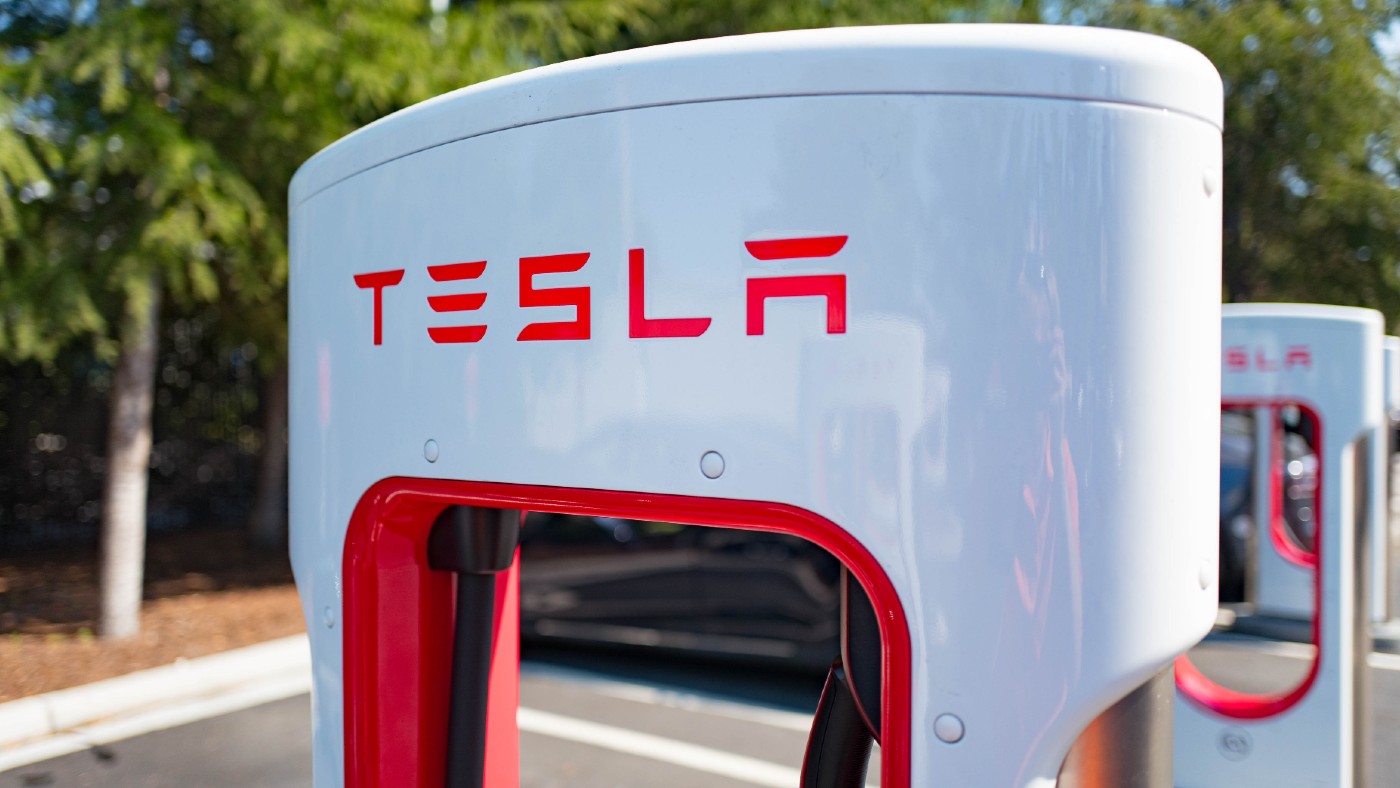Why 2023 is a make or break year for electric vehicles
As Tesla shares fall, a growing roster of new rivals is revving on the sidelines

A free daily email with the biggest news stories of the day – and the best features from TheWeek.com
You are now subscribed
Your newsletter sign-up was successful
Elon Musk made history in 2022 by becoming the first person ever to sustain a personal loss of more than $200bn – mainly thanks to a 63% landslide in Tesla’s stock price from its peak.
Shareholders will be hoping that, after his Twitter adventure, “Musk has his sights in 2023 set squarely on consolidating his lead in the fast-growing EV market,” said Richard Waters in the Financial Times. But early omens weren’t promising.
Tesla shares fell by another 3% in premarket trading on Tuesday, after sales growth in its most recent quarter “missed analysts’ expectations”, reported DealBook in The New York Times. After a disastrous year for Musk, the “pressure” is still on.
The Week
Escape your echo chamber. Get the facts behind the news, plus analysis from multiple perspectives.

Sign up for The Week's Free Newsletters
From our morning news briefing to a weekly Good News Newsletter, get the best of The Week delivered directly to your inbox.
From our morning news briefing to a weekly Good News Newsletter, get the best of The Week delivered directly to your inbox.
Covid lockdowns in China, and knock-on supply chain disruption, haven’t helped, said Martin Strydom in The Times. Neither has the threat of global recession. Tesla is still working on a “generation 3” vehicle that would be “cheaper and smaller” than its Model 3 and Model Y cars, but progress will not be revealed until March.
Meanwhile, a growing roster of new rivals is revving on the sidelines – with challengers stretching way beyond traditional carmakers.
Two of the most potentially disruptive hail from Asia, said Reuters Breakingviews. The giant Taiwanese manufacturer Foxconn (best known for churning out Apple iPhones) is making a “well-timed pivot” into EVs, via US and Thai joint ventures – threatening to become a sector “powerhouse”, producing both parts and cars.
Another racy outfit is VinFast, which made its name selling gas-guzzlers in Vietnam before turning “fully electric”. The company’s boss, Le Thi Thu Thuy, is planning 70 showrooms across North America and Europe in 2023 in a bid to undercut Tesla. “Vietnam is an unlikely home of the next Elon Musk.” But don’t rule Thuy out.
A free daily email with the biggest news stories of the day – and the best features from TheWeek.com
-
 Political cartoons for February 19
Political cartoons for February 19Cartoons Thursday’s political cartoons include a suspicious package, a piece of the cake, and more
-
 The Gallivant: style and charm steps from Camber Sands
The Gallivant: style and charm steps from Camber SandsThe Week Recommends Nestled behind the dunes, this luxury hotel is a great place to hunker down and get cosy
-
 The President’s Cake: ‘sweet tragedy’ about a little girl on a baking mission in Iraq
The President’s Cake: ‘sweet tragedy’ about a little girl on a baking mission in IraqThe Week Recommends Charming debut from Hasan Hadi is filled with ‘vivid characters’
-
 Moltbook: The AI-only social network
Moltbook: The AI-only social networkFeature Bots interact on Moltbook like humans use Reddit
-
 Are AI bots conspiring against us?
Are AI bots conspiring against us?Talking Point Moltbook, the AI social network where humans are banned, may be the tip of the iceberg
-
 Elon Musk’s pivot from Mars to the moon
Elon Musk’s pivot from Mars to the moonIn the Spotlight SpaceX shifts focus with IPO approaching
-
 Silicon Valley: Worker activism makes a comeback
Silicon Valley: Worker activism makes a comebackFeature The ICE shootings in Minneapolis horrified big tech workers
-
 AI: Dr. ChatGPT will see you now
AI: Dr. ChatGPT will see you nowFeature AI can take notes—and give advice
-
 Moltbook: the AI social media platform with no humans allowed
Moltbook: the AI social media platform with no humans allowedThe Explainer From ‘gripes’ about human programmers to creating new religions, the new AI-only network could bring us closer to the point of ‘singularity’
-
 Will regulators put a stop to Grok’s deepfake porn images of real people?
Will regulators put a stop to Grok’s deepfake porn images of real people?Today’s Big Question Users command AI chatbot to undress pictures of women and children
-
 Metaverse: Zuckerberg quits his virtual obsession
Metaverse: Zuckerberg quits his virtual obsessionFeature The tech mogul’s vision for virtual worlds inhabited by millions of users was clearly a flop